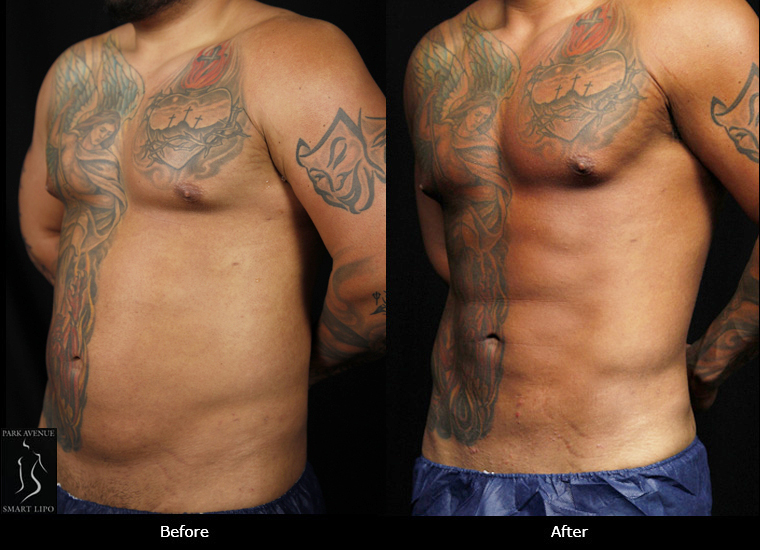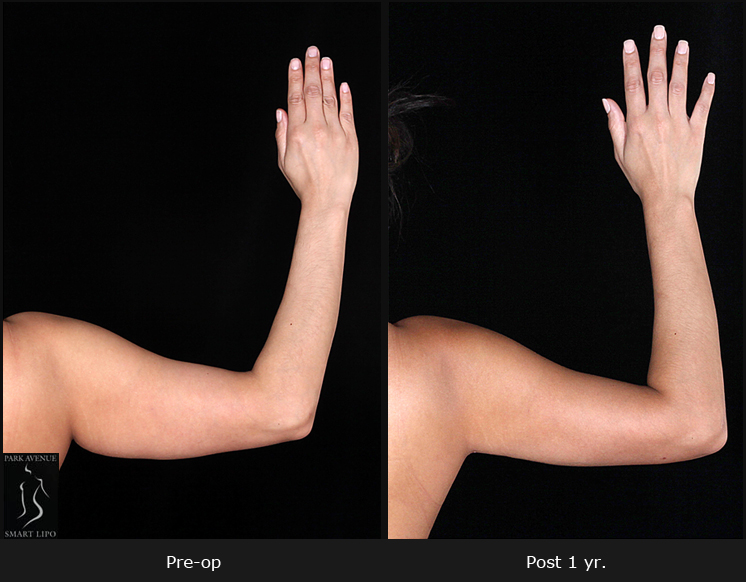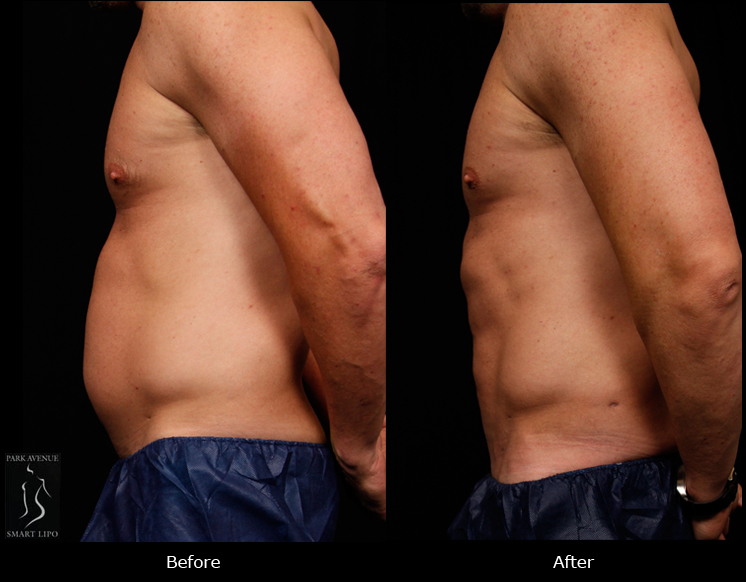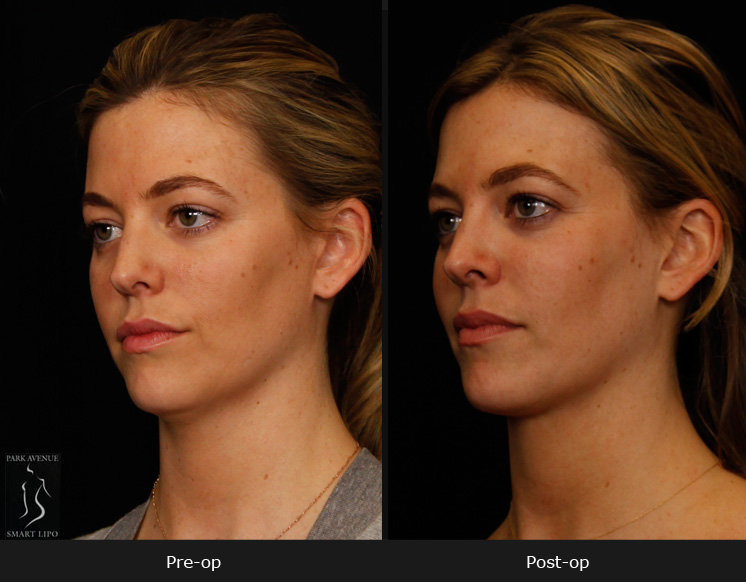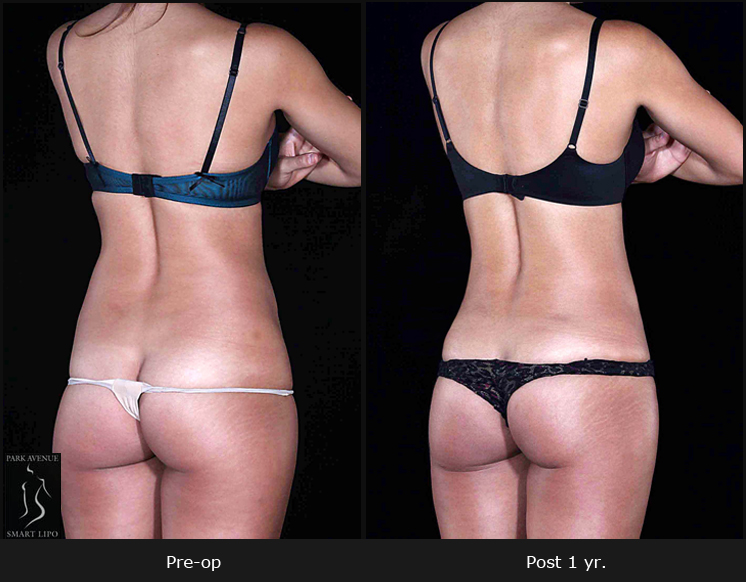Do you know that supplements, medications, and herbs that you take regularly could increase your complications after plastic surgery in NYC? Certain supplements and medications contain ingredients that thin the blood. That’s why plastic surgeons instruct their patients to stop taking supplements, medications, and certain types of herbs for at least two weeks before and after surgery.
When moving forward with your decision to have plastic surgery, you need to pay attention to the modifications that your surgeon might ask you to make to your lifestyle in order to maximize your health and the success of the surgery. One general recommendations to steer clear of taking vitamins and supplements during the pre and post-op period. One reason for this is the risk of drug interactions. During and after a plastic surgery procedure, a patient might receive a number of medications such as anesthesia, pain medication and antibiotics. Certain vitamins and supplements might alter the efficacy of these medications and can increase your risk of infection after surgery.
Though vitamin and supplements add nutritional value to your diet and good for your body, there are several you’ll need to avoid before and after plastic surgery. Specifically, you need to avoid taking vitamins that may affect or alter your body’s ability to clot blood. Some supplements like vitamin E thin the blood and can increase risk of bleeding if consumed in large doses. Certain vitamins and supplements may interact with other medications you’re taking and might end up affecting your cardiovascular health or prolonging the effects of anesthesia.
Another reason your surgeon might ask you to stop taking vitamins before and after surgery is to reduce uncertainty about vitamin ingredients that you are consuming.
Daily supplement intake can play a role in how you recover from cosmetic surgery. With the help of your plastic surgeon, find out what to stock up on and what to avoid before going under the knife or needle. Even herbal supplements should also be avoided before and after plastic surgery. Many people assume that herbal supplements are harmless, just because they are labeled “natural”. But the truth is that many powerful drugs are based on natural substances and can have a potent effect on the body. Some supplements have to be stopped at least two weeks prior to surgery.
Vitamins and Herbal Supplements to Avoid
- Any Diet Pills or herb blends – designed to control appetite
- Blood thinners such as Aspirin, Motrin, Advil and so on
- Biloba
- Chromium
- Dong quai
- Echinacea
- Ephedra
- Feverfew
- Fish oil
- Flaxseed
- Garlic
- Ginger
- Ginkgo
- Ginseng
- Goldenseal
- Kava-Kava
- Licorice
- Omega 3 fatty acids
- Saw Palmetto
- St. John’s Wort
- Valerian Root
- Vitamin E
The American Society for Aesthetic Plastic Surgery encourages healthcare providers to give patients a detailed list of risk carrying supplements.
Discuss the medications and supplements you take with your surgeon. Tell them exactly what you use and when you use it, so that they can weigh the risks against the rewards and provide the right instructions. If you are advised to stop using any supplement or medication, do so. This is crucial to minimize bleeding, bruising and swelling and improve your surgical experience.
However, do not discontinue the use of necessary medications or antidepressants without the knowledge of your surgeon. There are some recommended vitamins as well as some herbal supplements such as Calcium, Folate, Iron, Magnesium, Phosphorous, Potassium, Protein and Amino Acids, Vitamin A, Vitamin B (complex) / B1 (Thiamine), B2 (Riboflavin), B3 (Niacin), B6, Biotin, Vitamin B12, Vitamin C, Vitamin D and Zinc that can aid post-surgical healing and reduce bruising. Also, after the surgery, you should take only the medicine and vitamins that your surgeon recommends.

